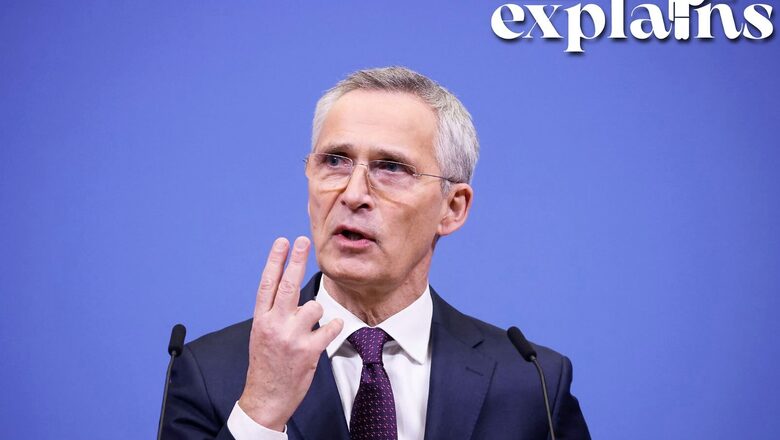
views
NATO has been in the news ever since the Russian action into Ukraine began. With tensions between the US and China flaring up again amid the spy balloon incident, NATO has said that China is closely watching to see the ‘price Russia pays’ for its aggression.
US Secretary of State Antony Blinken warned China not to repeat its “irresponsible act” of sending a spy balloon into American airspace, as he held rare talks late Saturday with China’s top diplomat Wang Yi.
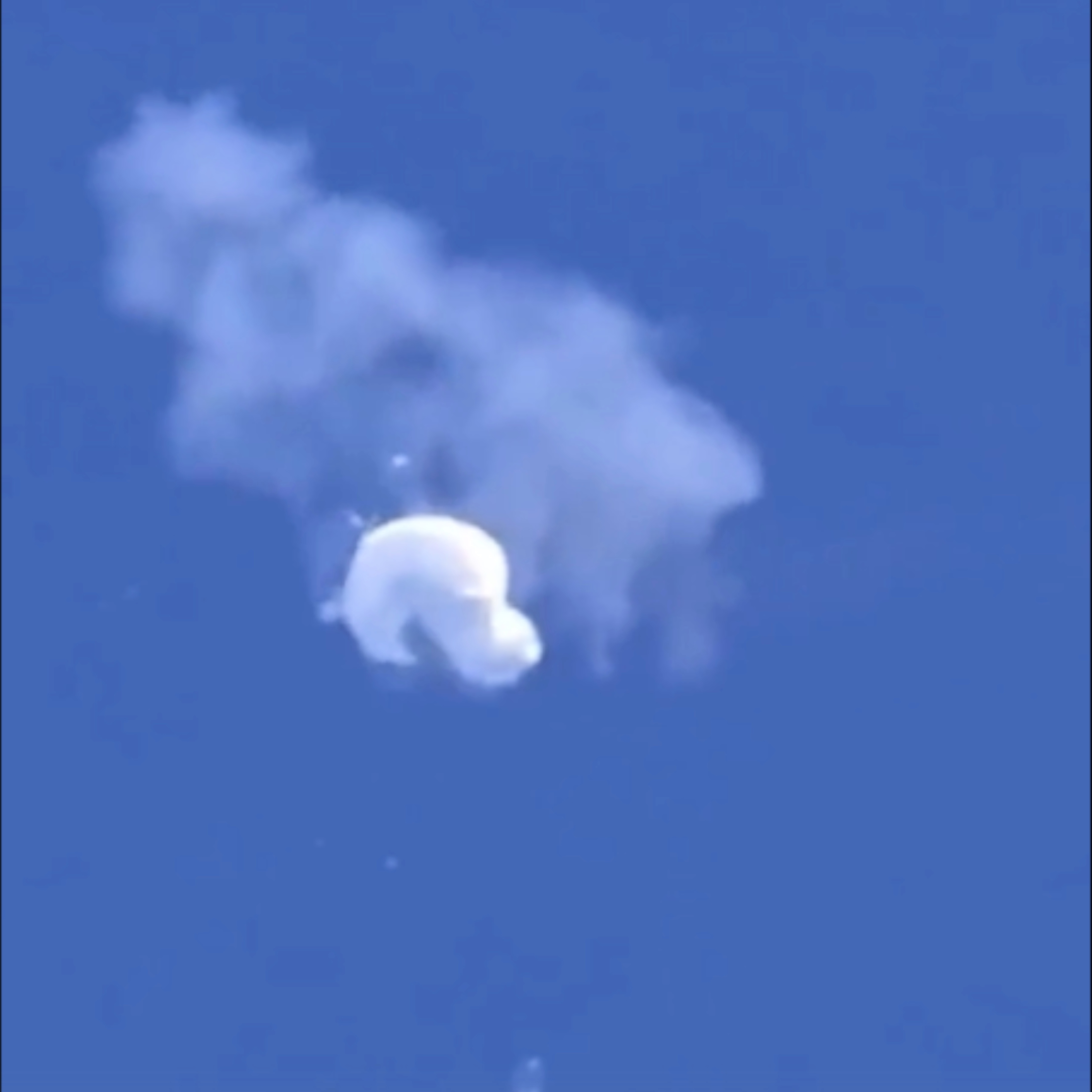
The US has been in a state of alarm since a huge white balloon from China was spotted over a series of secret nuclear weapons sites, before being shot down just off the east coast on February 4. The incident led Blinken to abruptly call off a rare trip to China. After four years of antagonistic relations with China under his predecessor Donald Trump, Biden has made a priority of resetting relations with Beijing.
Russia’s invasion of Ukraine has also led Western powers to cast a wary eye on the relations between Russian leader Vladimir Putin and China’s President Xi Jinping, who call each other “friends”. NATO chief Jens Stoltenberg said “Beijing is watching closely to see the price Russia pays, or the reward it receives for its aggression.”
But what is NATO and is it still relevant today?
About NATO
North Atlantic Treaty Organization (NATO) is a military alliance founded on April 4, 1949, by the North Atlantic Treaty (also known as the Washington Treaty), which attempted to form a counterweight to Soviet soldiers stationed in central and eastern Europe following World War II.
Belgium, Canada, Denmark, France, Iceland, Italy, Luxembourg, the Netherlands, Norway, Portugal, the United Kingdom, and the United States were its founding members.
Greece and Turkey (1952); West Germany (1955; from 1990 as Germany); Spain (1982); the Czech Republic, Hungary, and Poland (1999); Bulgaria, Estonia, Latvia, Lithuania, Romania, Slovakia, and Slovenia (2004); Albania and Croatia (2009); Montenegro (2017); and North Macedonia (2018) joined the original signatories (2020). France left NATO’s integrated military command in 1966 but remained a member of the organisation, as per Britannica. In 2009, it returned to NATO’s military command.
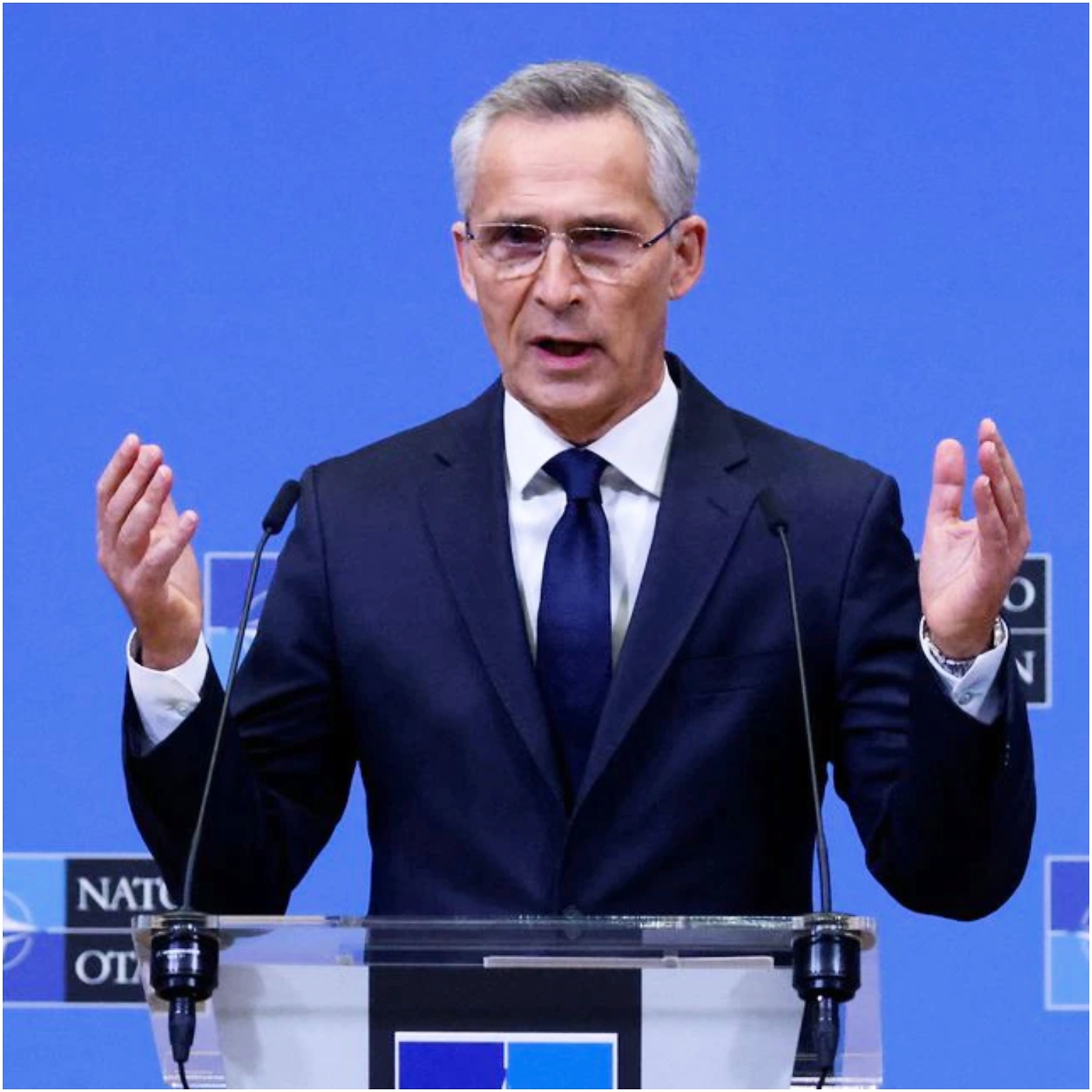
Finland and Sweden, both of which have long been neutral, have been formally asked to join NATO in 2022.
Article 5 of the North Atlantic Treaty expresses the heart of NATO, in which signatory nations agree that:
“an armed attack against one or more of them in Europe or North America shall be considered an attack against them all; and consequently they agree that, if such an armed attack occurs, each of them, in exercise of the right of individual or collective self-defense recognized by Article 51 of the Charter of the United Nations, will assist the Party or Parties so attacked by taking forthwith, individually and in concert with the other Parties, such action as it deems necessary, including the use of armed force, to restore and maintain the security of the North Atlantic area.”
Article 4 and 5
According to Article 4 of NATO’s charter, member states “shall confer together whenever, in the judgement of any of them, the territorial integrity, political independence, or security” of another member is threatened.
It creates a forum for members to “share ideas and information, and discuss matters prior to reaching consensus and taking action,” according to an explanation on the NATO website. “It also allows NATO to play an active role in preventive diplomacy by providing a mechanism of avoiding armed conflict.”
Since NATO’s inception in 1949, Article 4 has been invoked seven times. Following Russia’s invasion of Ukraine, Latvia, Lithuania, Poland, Bulgaria, the Czech Republic, Estonia, Romania, and Slovakia utilised it to host discussions, a report by Washington Post says.
If Article 4 is invoked, member states are not compelled to intervene, though deliberations may culminate in a decision to conduct joint NATO action.
According to Article 5, the NATO treaty’s signatories “agree that an armed attack against one or more of them in Europe or North America shall be regarded an attack against all.”
According to the treaty, each NATO member shall take “such action as it considers necessary, including the use of armed force, to restore and maintain the security of the North Atlantic area.” The alliance is also authorised to undertake an armed response, although the language is broad and allows for alternative sorts of action.
The collective defence provision has only been used once, following the 9/11 attacks.
NATO’s Relevance Today
Amid the Russia-Ukraine war and a teetering geopolitical situation, NATO’s actions have gained relevance in the past months.
Recently, Finnish PM Sanna Marin said Finland still wants to join NATO together with Sweden despite Turkey’s objections to its neighbour’s membership bid. “We have sent a very clear signal and a very clear message to Turkey and also to Hungary… that we want enter NATO together and this is in the interest of everyone,” Marin told the Munich Security Conference.
“We want to join together with Sweden at the same time. It’s not only because we are good neighbours and partners, it’s also to do with very concrete matters — the security planning of NATO,” she said.
Finland and Sweden dropped decades of military non-alignment and applied to join the US-led defence alliance in response to Russia’s invasion of Ukraine.
The organisation has also warned that Russia’s invasion of Ukraine has exposed the dangers of Europe’s over-reliance on authoritarian regimes and should serve as a lesson.
With inputs from AFP
Read all the Latest Explainers here














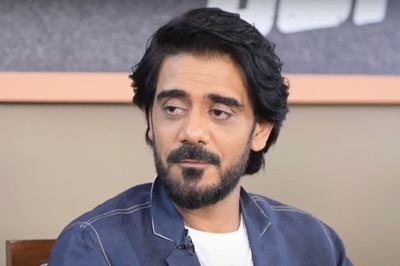




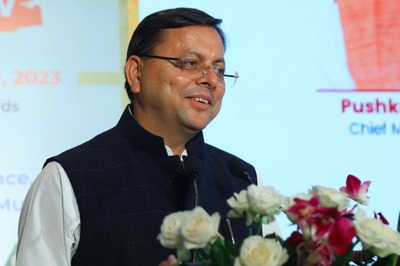
Comments
0 comment